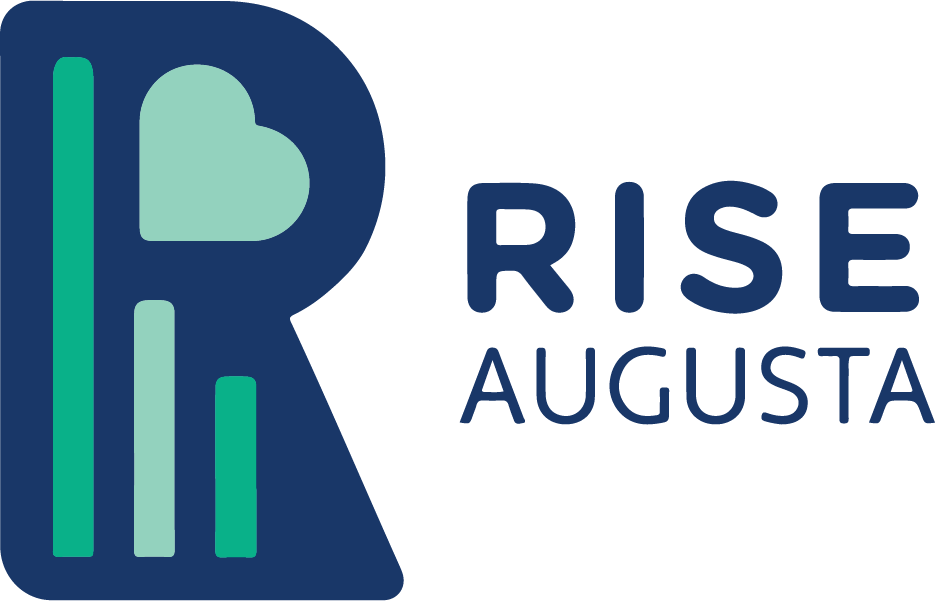It’s Time to Strive
RISE Augusta STRIVE Program
PROBLEM: Many young people from disadvantaged families flounder after they leave school whether they graduate or not. In addition to not understanding their options, many have low academic skills and a limited understanding of important life skills. Finally, the effect of generational poverty on the individual cannot be marginalized. Generational poverty often has a lasting effect on individuals (mind, body and soul), making it difficult for them to escape poverty as adults without support.
STRIVE is a RISE Augusta program focused on youth ages 16 – 21 years of age, although we work with older struggling adults as well. Basically it is a work-force development program that features soft skills training to include resume development, interviewing skills, personal finance (how to balance a checkbook, buying a car, etc.), personality profiling, basic aptitude/skills/interest inventories, and some basic needs support. We also provide instruction and help navigating job searches online and in-person.
Recently, one of our “mock interviewers, board member Jason LaClair shared some great insight as to why interviewing practice is so important.
During the mock interviews, the levels of confidence and engagement displayed by the students was based more upon their motivation and personality rather than on any experience or technical prowess. Potential candidates that obviously had the requisite skills did not necessarily excel in the interview process. Students with good attitudes, engaging personalities and motivation (but often with less or equal experience as others) came across as more likely to be hired than did students with more experience, but less social maturity.
Every student was surprised by the content of the questions. It is likely that they expected to be asked about widget production, their skill level or their desire to work. However, when they were asked about themselves, their goals, why they should be hired, and why they would be a good fit for the organization they were applying to, most of them floundered and had to be coached. The personal questions were thought provoking and relevant not just for their current situations, but for every interview and job they might apply to in the future.
The mock interviews helped all students in either refining their “pitch” or building their confidence in engaging and telling their story.

